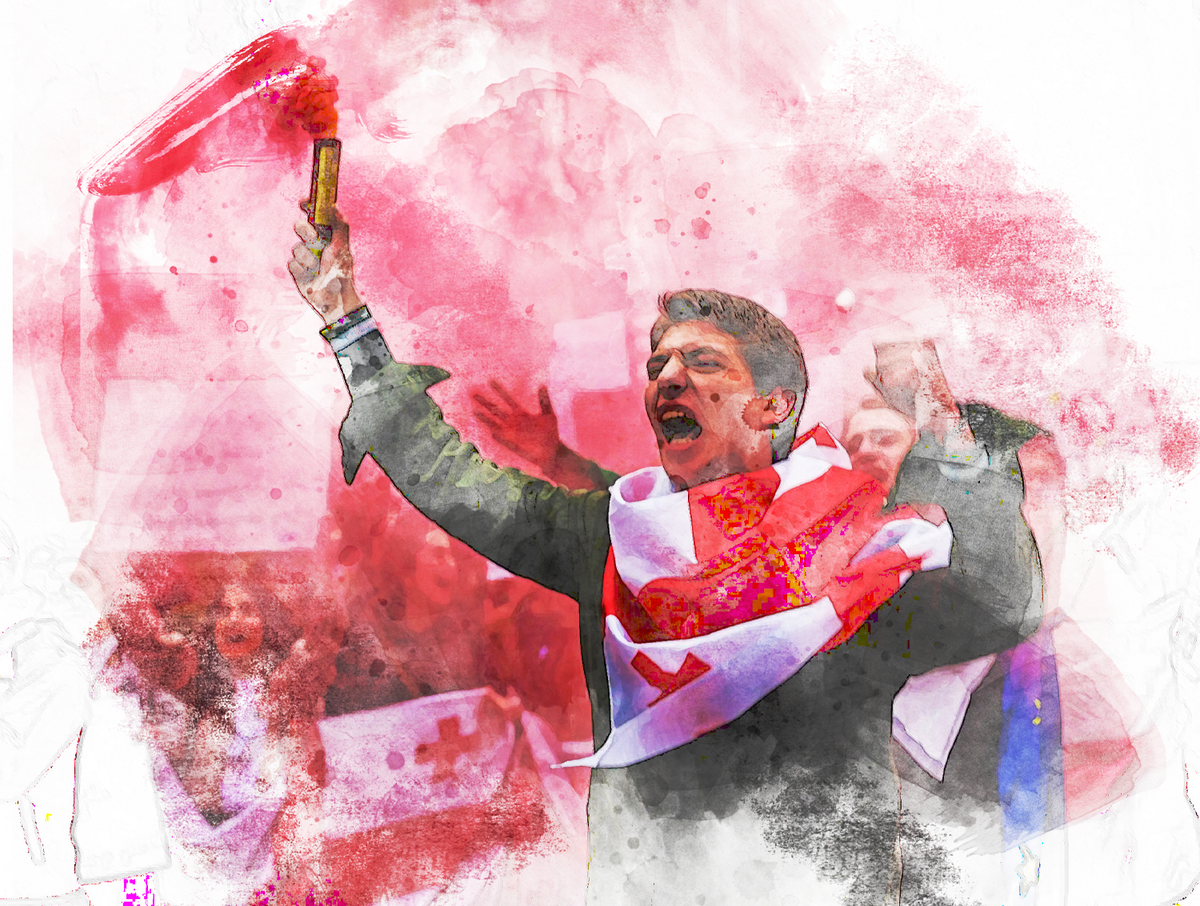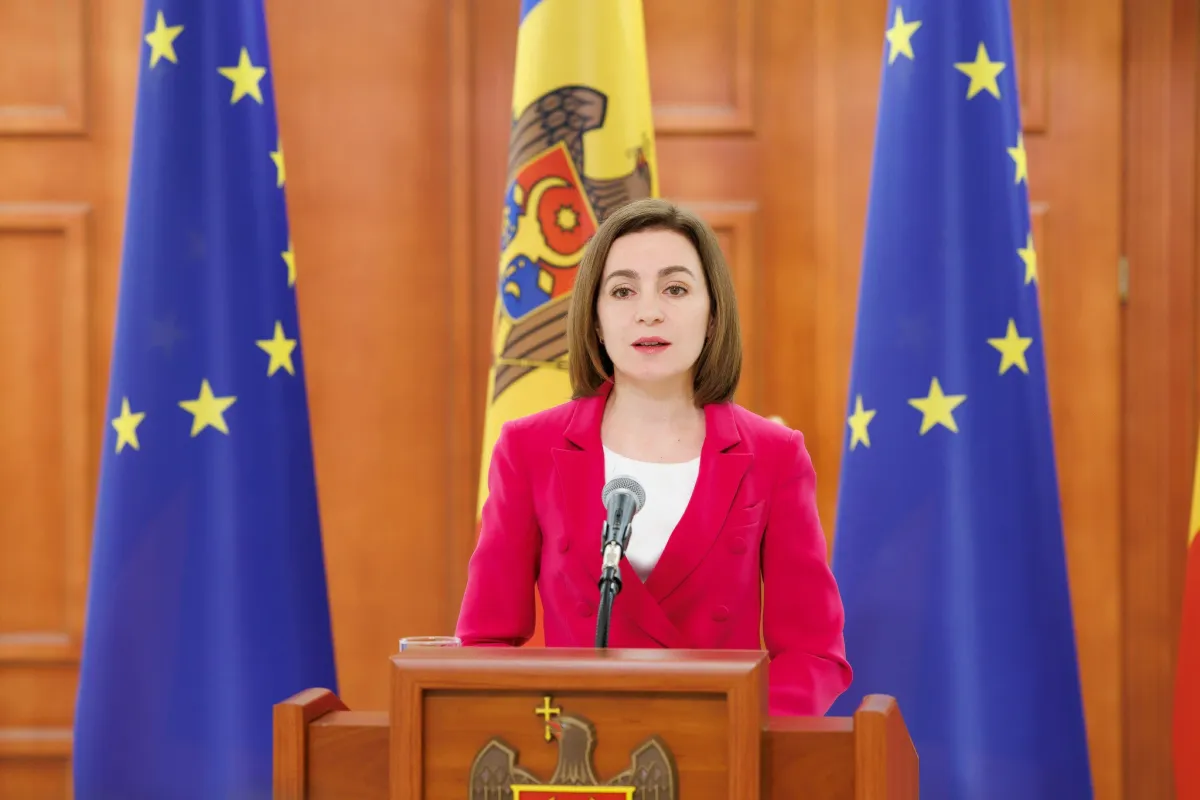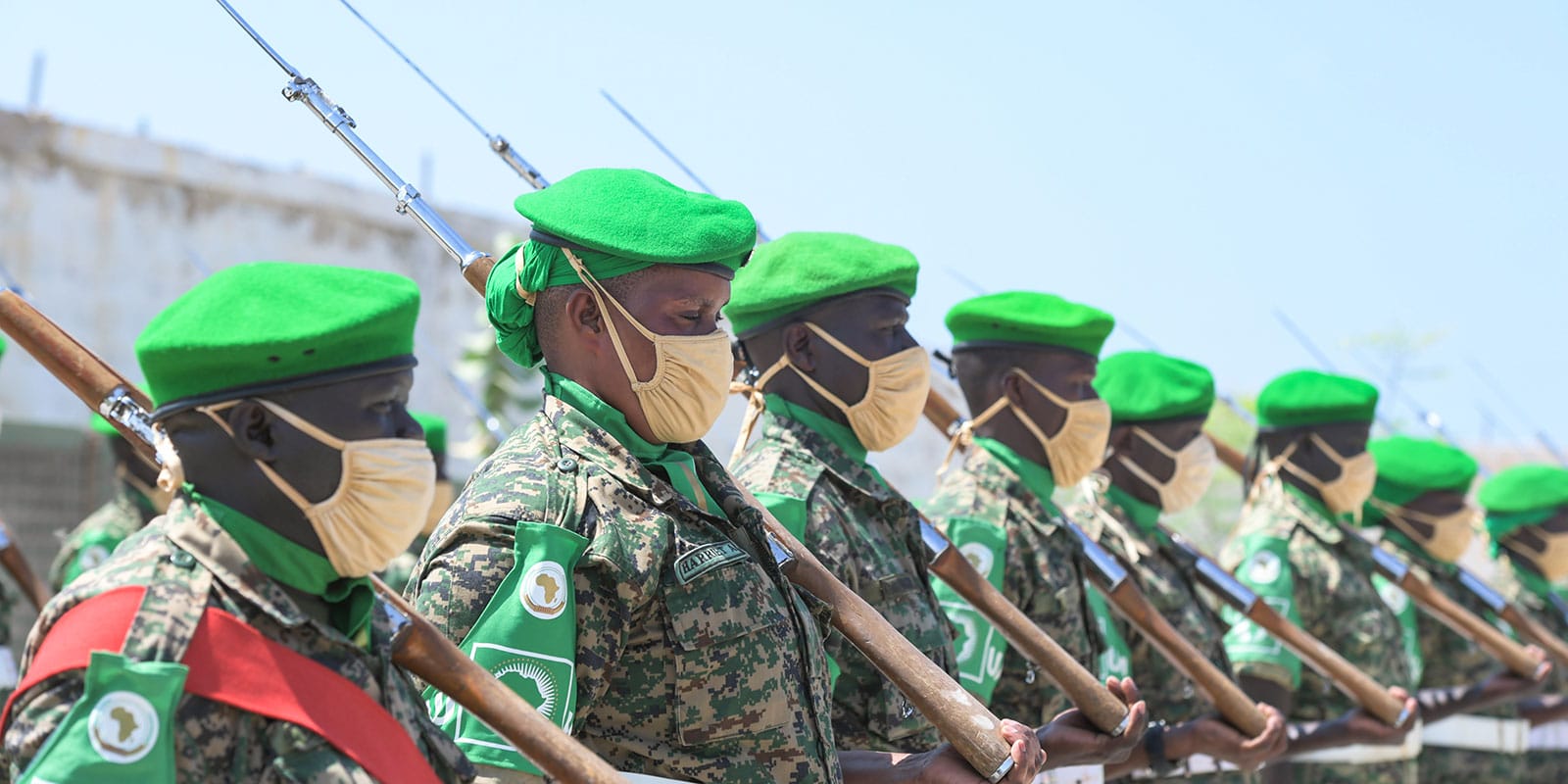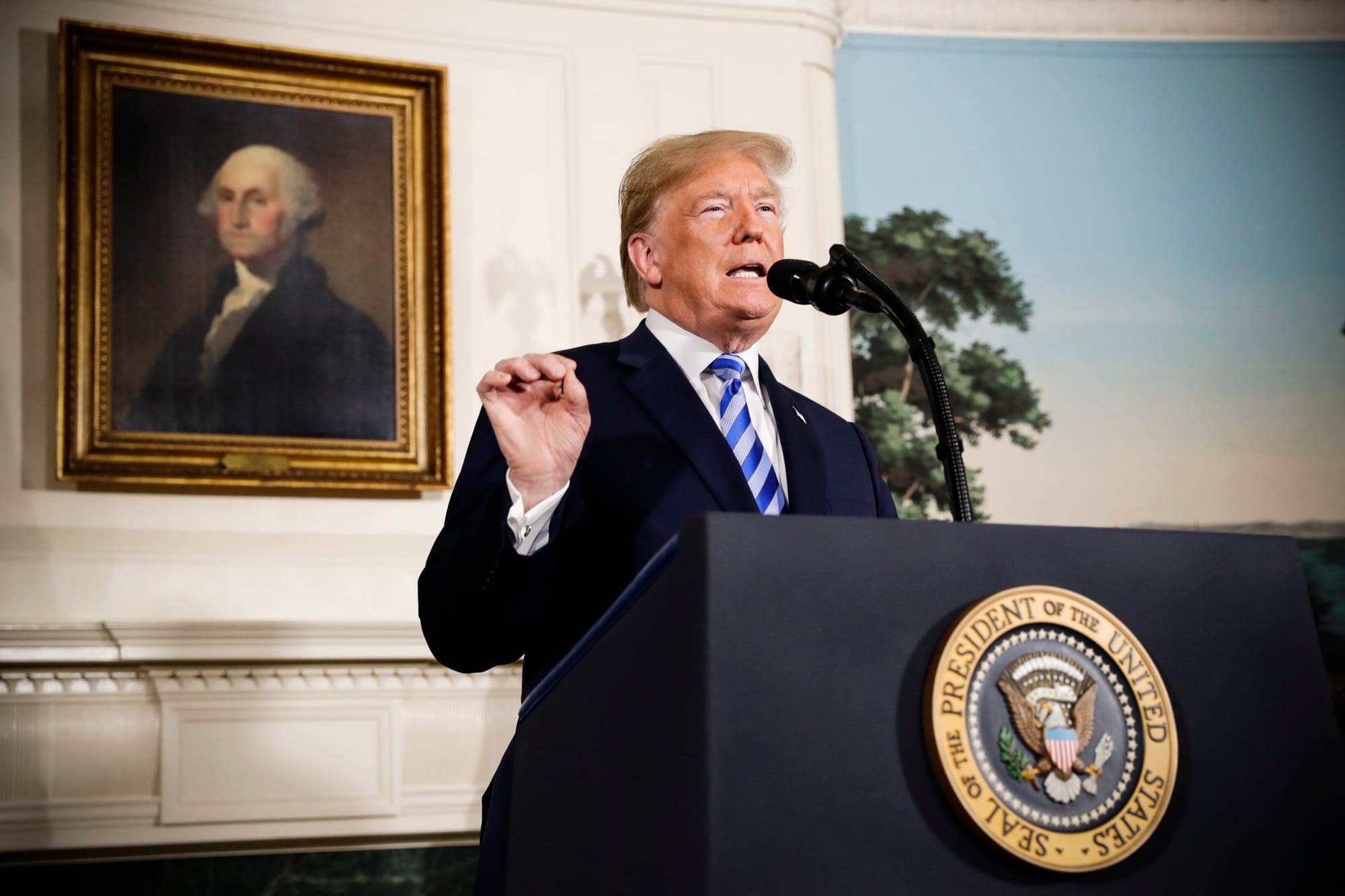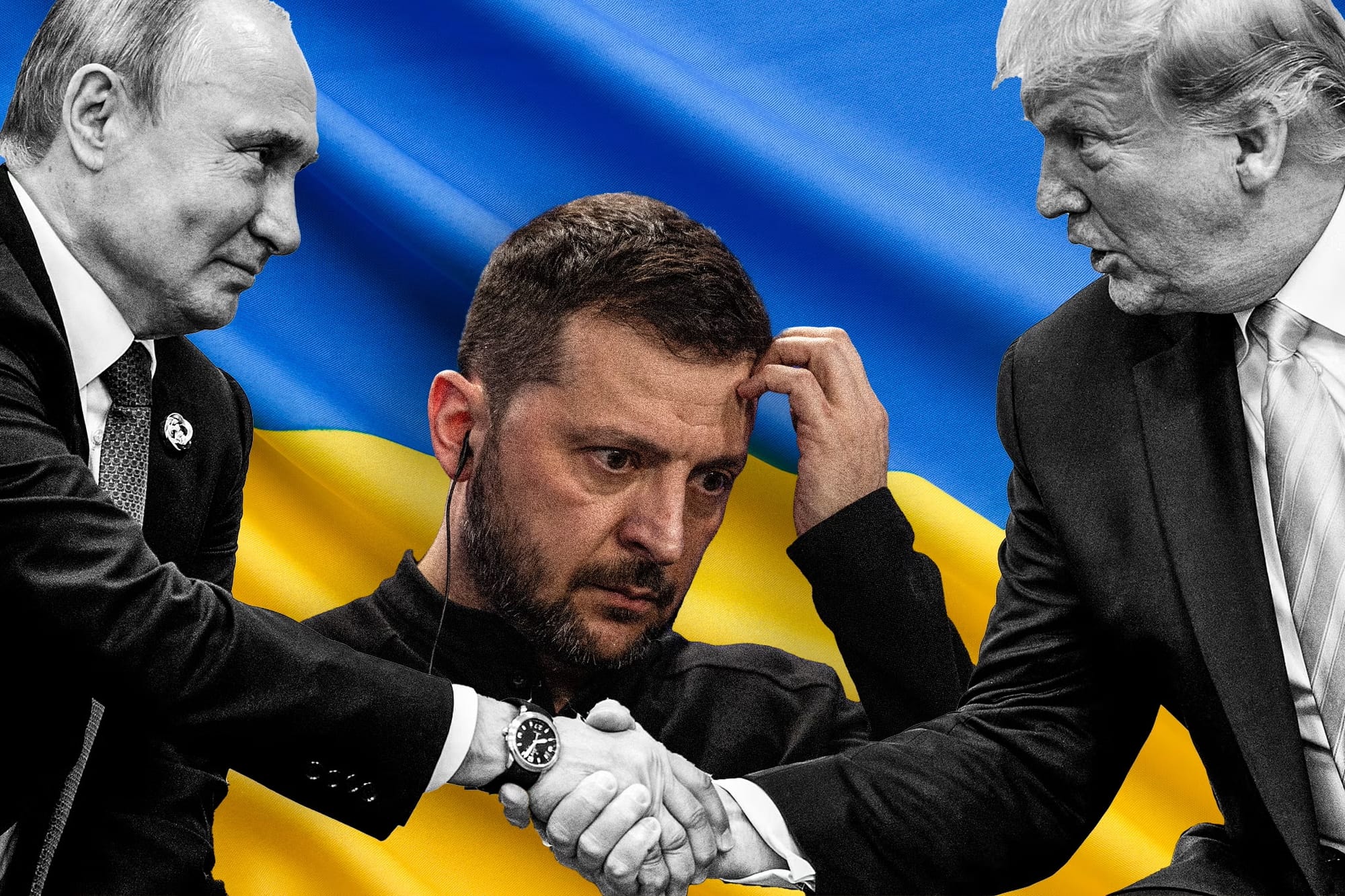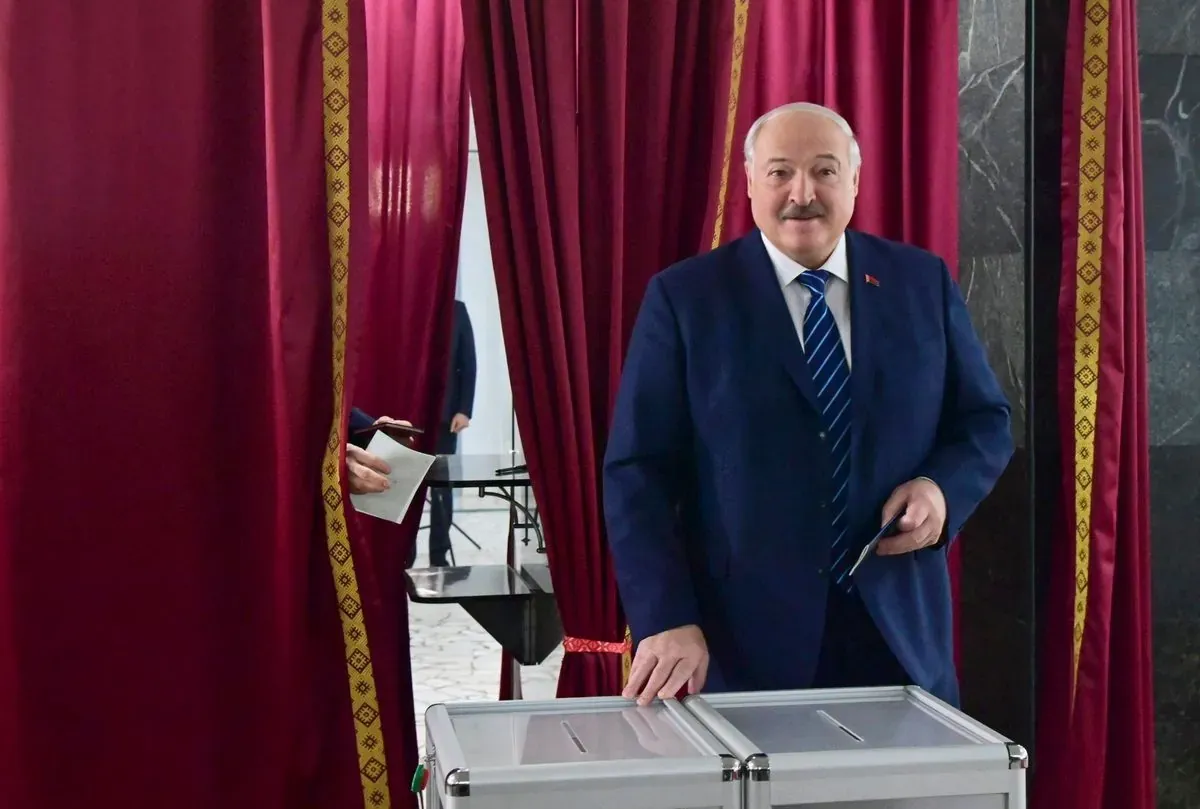Russia's FIMI Threatens the EU's Eastern Expansion
-

 Founder and Director of diethnos. Nikolas is a Political Sciences and International Conflict graduate, now specialising in Cyber & Digital Diplomacy, emerging Hybrid Threats and Data Visualisation.
Founder and Director of diethnos. Nikolas is a Political Sciences and International Conflict graduate, now specialising in Cyber & Digital Diplomacy, emerging Hybrid Threats and Data Visualisation. - •
- •
- 3 min read
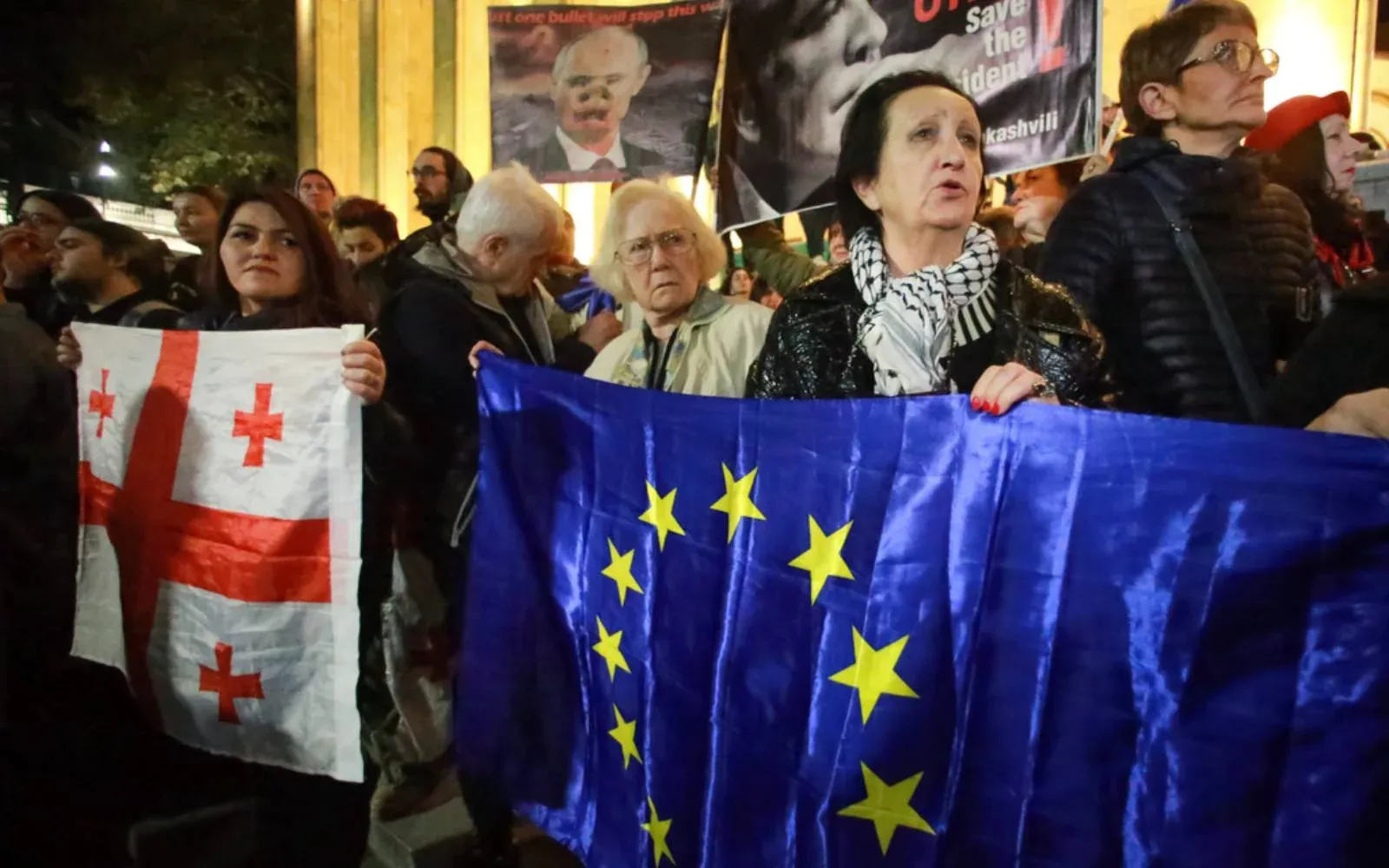
Read Next

The U.S. B-2 Spirit Bombers Deployments to Diego Garcia Amid Middle East Tensions


Founder and Director of diethnos. Nikolas is a Political Sciences and International Conflict graduate, now specialising in Cyber & Digital Diplomacy, emerging Hybrid Threats and Data Visualisation.
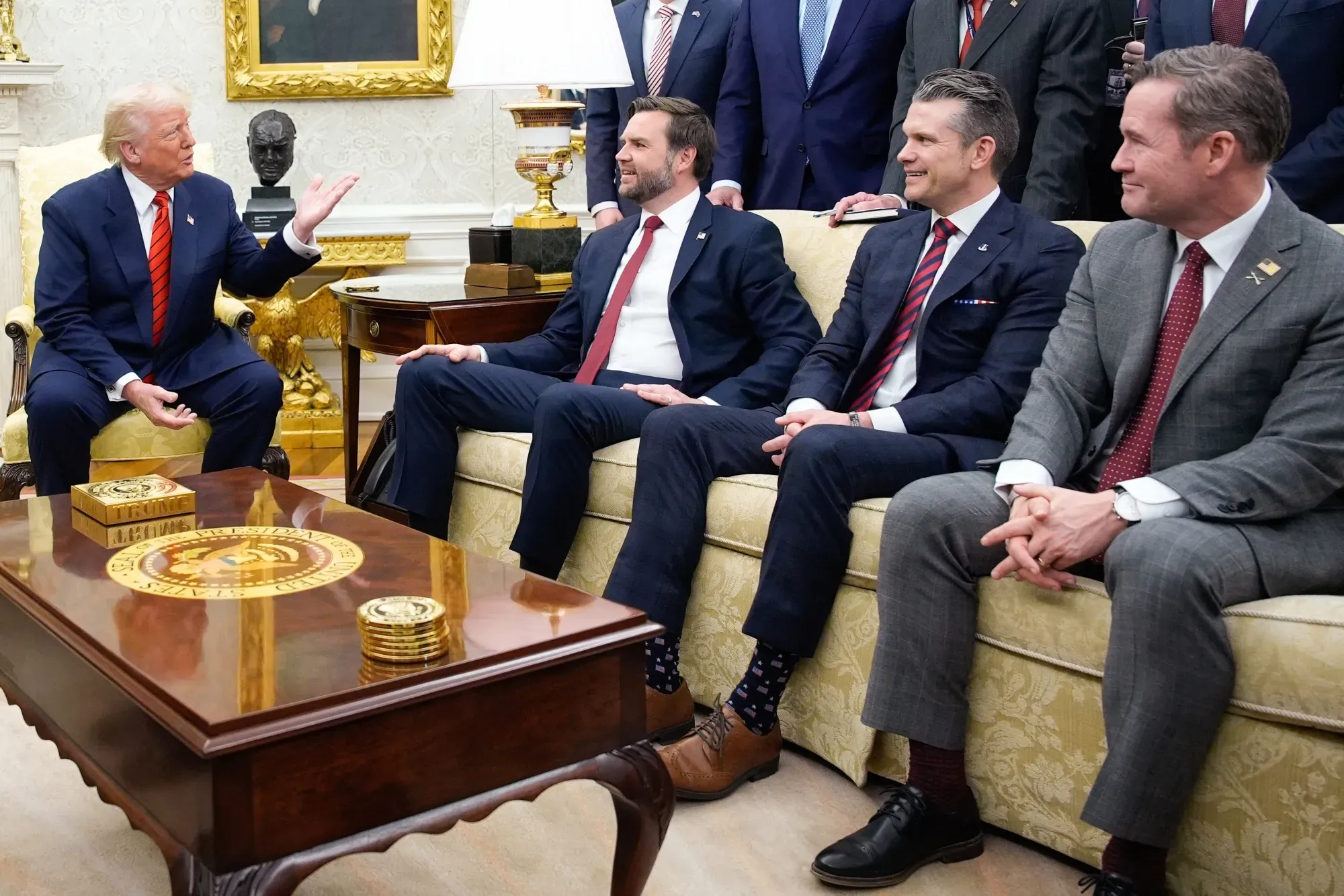
Trump Officials Expose Yemen Strike Details on Signal


Founder and Director of diethnos. Nikolas is a Political Sciences and International Conflict graduate, now specialising in Cyber & Digital Diplomacy, emerging Hybrid Threats and Data Visualisation.

Gaza Ceasefire Shattered: Hamas Political Leader Dead in Israeli Airstrike


Founder and Director of diethnos. Nikolas is a Political Sciences and International Conflict graduate, now specialising in Cyber & Digital Diplomacy, emerging Hybrid Threats and Data Visualisation.
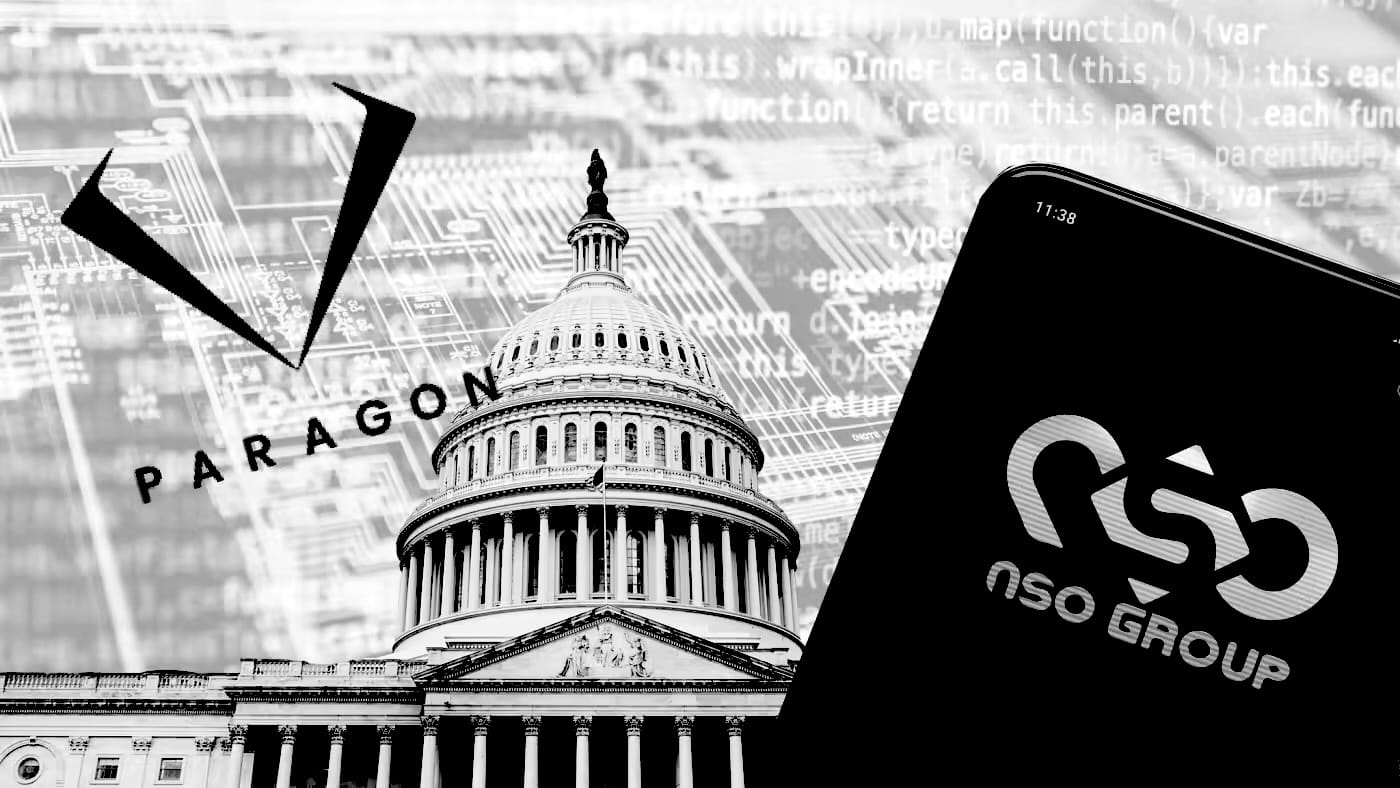
Paragon Spyware: Six Countries Named as Potential Customers


Founder and Director of diethnos. Nikolas is a Political Sciences and International Conflict graduate, now specialising in Cyber & Digital Diplomacy, emerging Hybrid Threats and Data Visualisation.
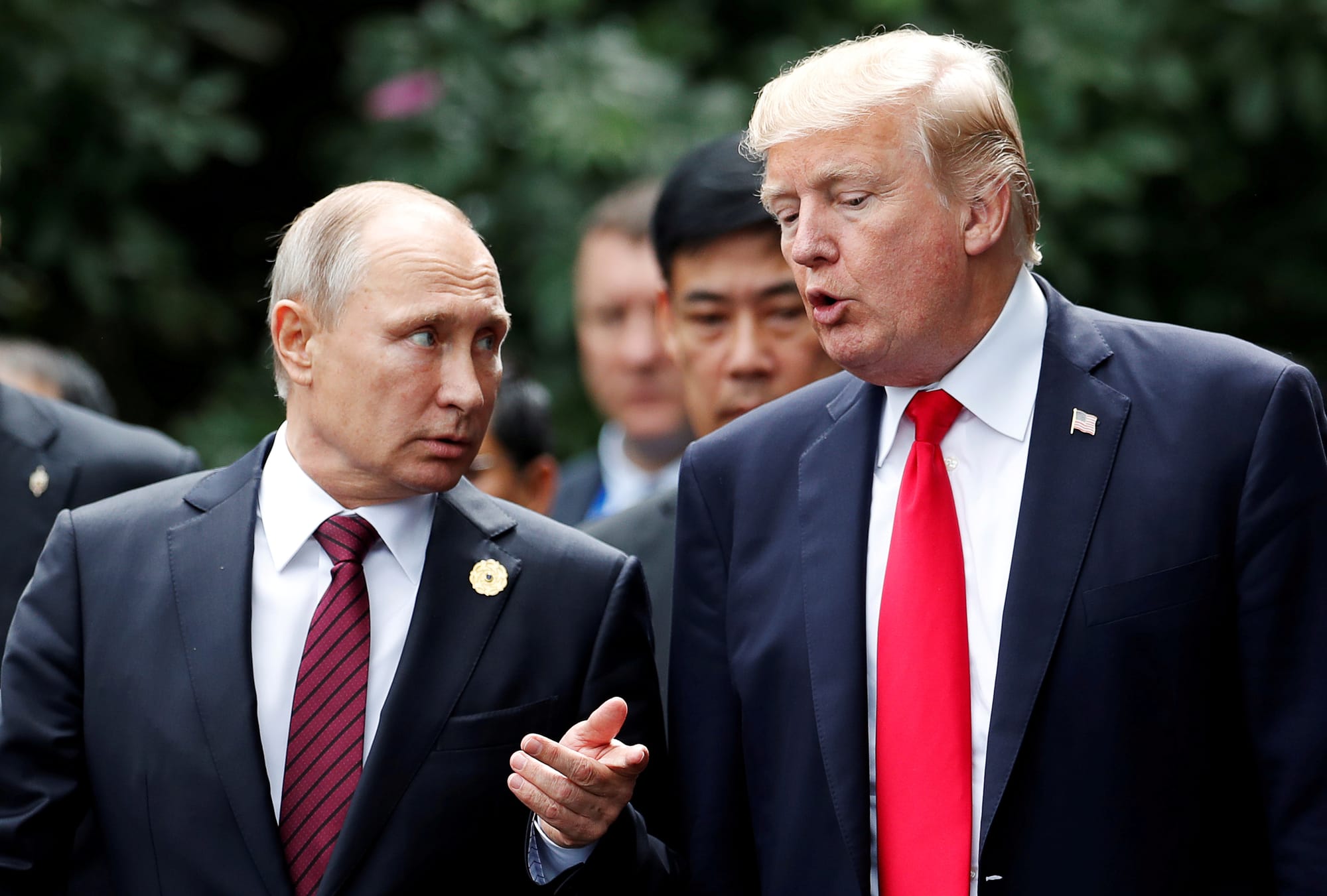
Putin Agrees to Pause Targeting Energy Facilities, but not to a Full Ceasefire


Founder and Director of diethnos. Nikolas is a Political Sciences and International Conflict graduate, now specialising in Cyber & Digital Diplomacy, emerging Hybrid Threats and Data Visualisation.
Subscribe to Newsletter
News for anyone who is just too busy with everyday life. No bias, just pure reporting.



